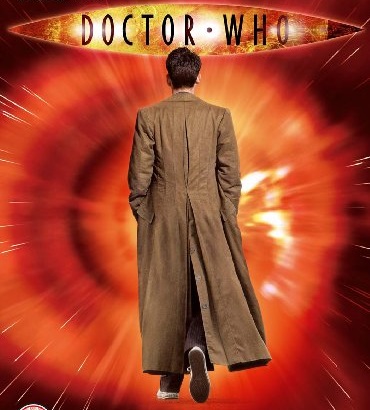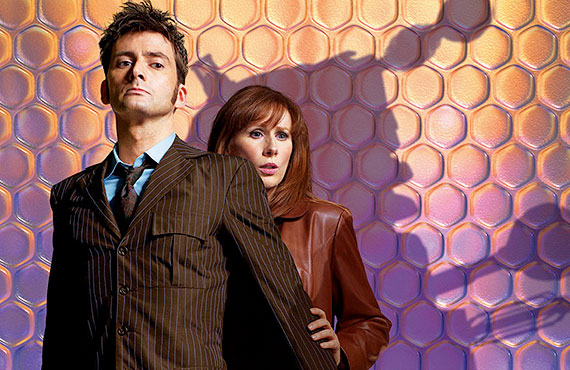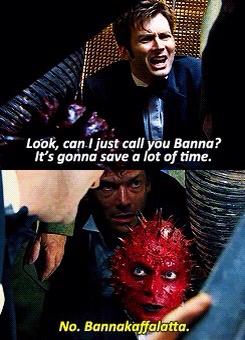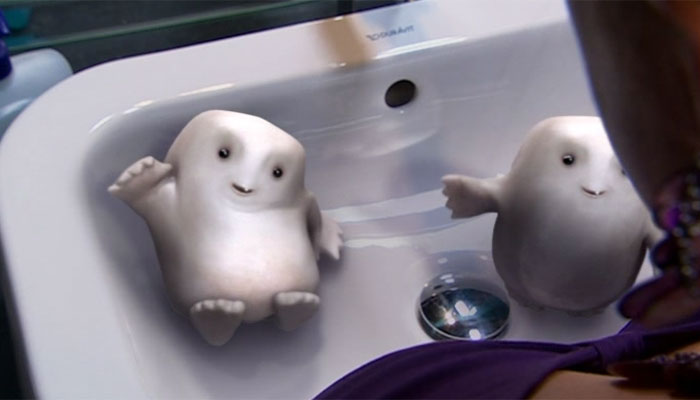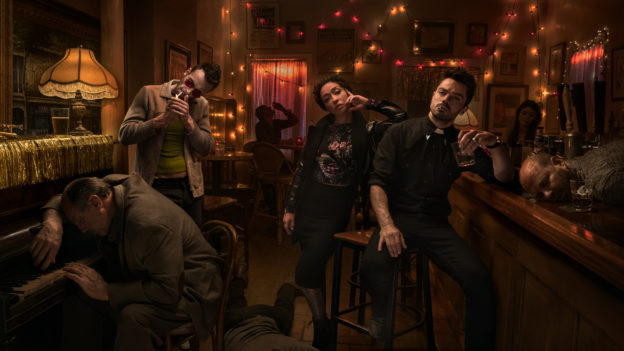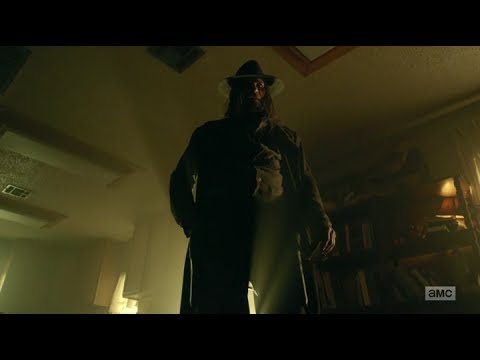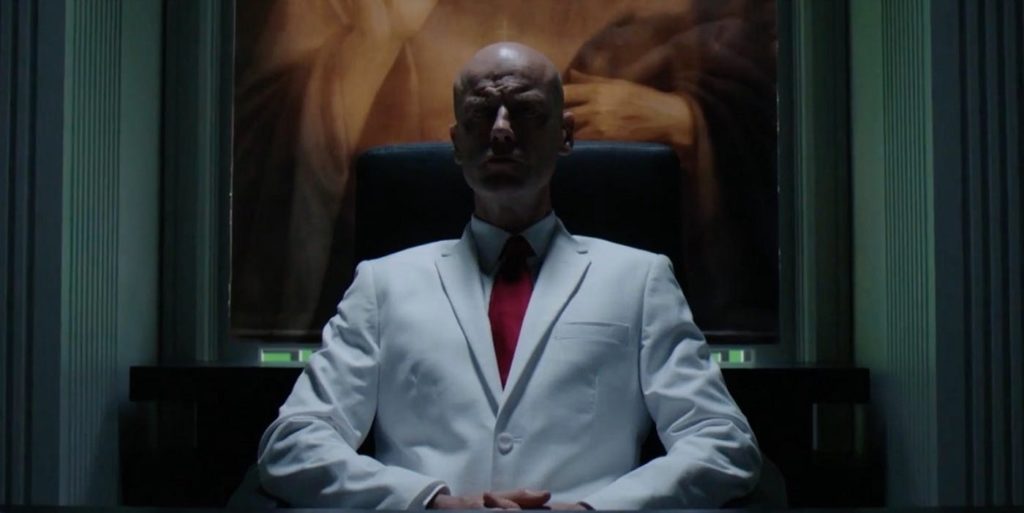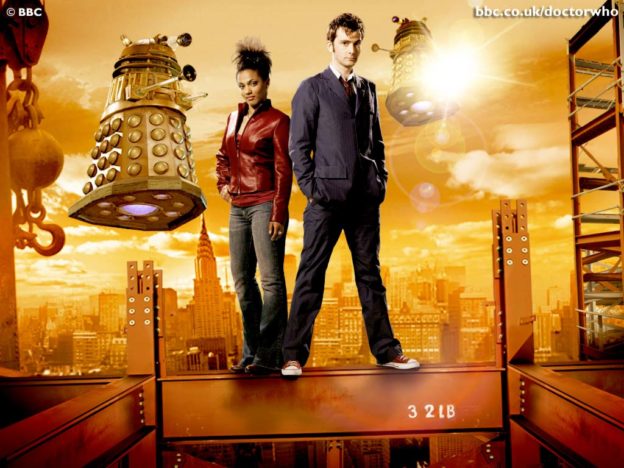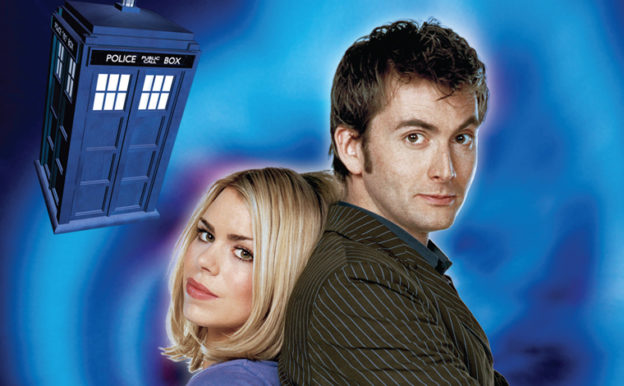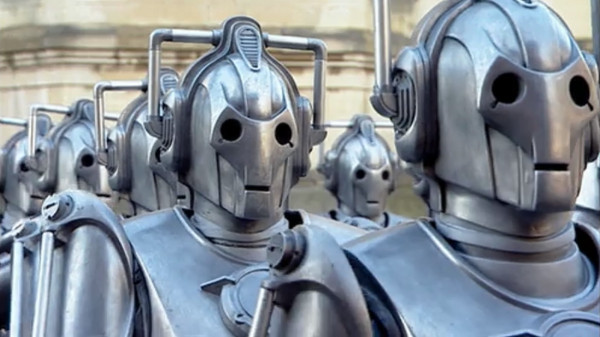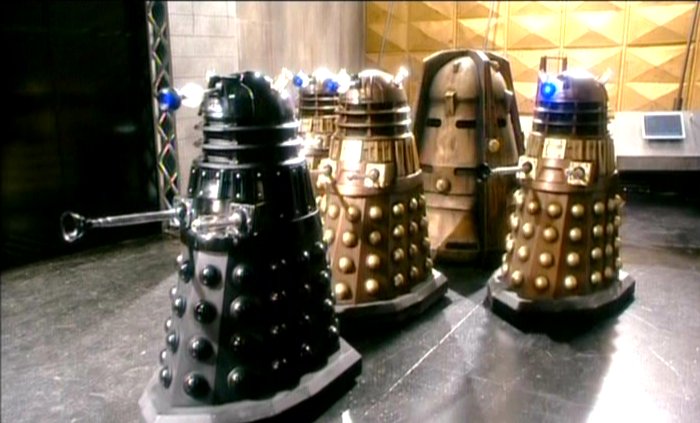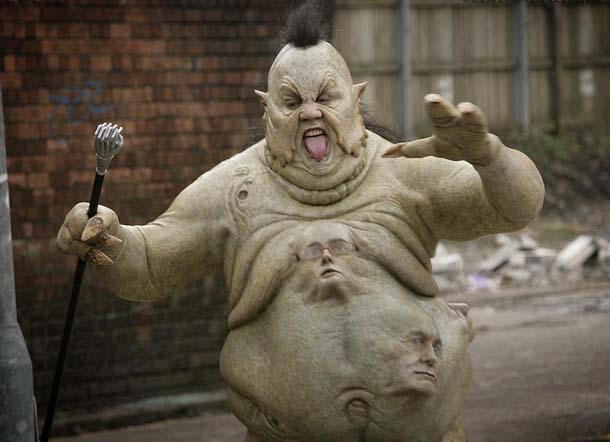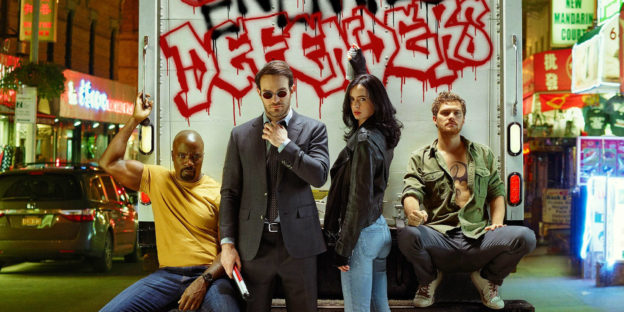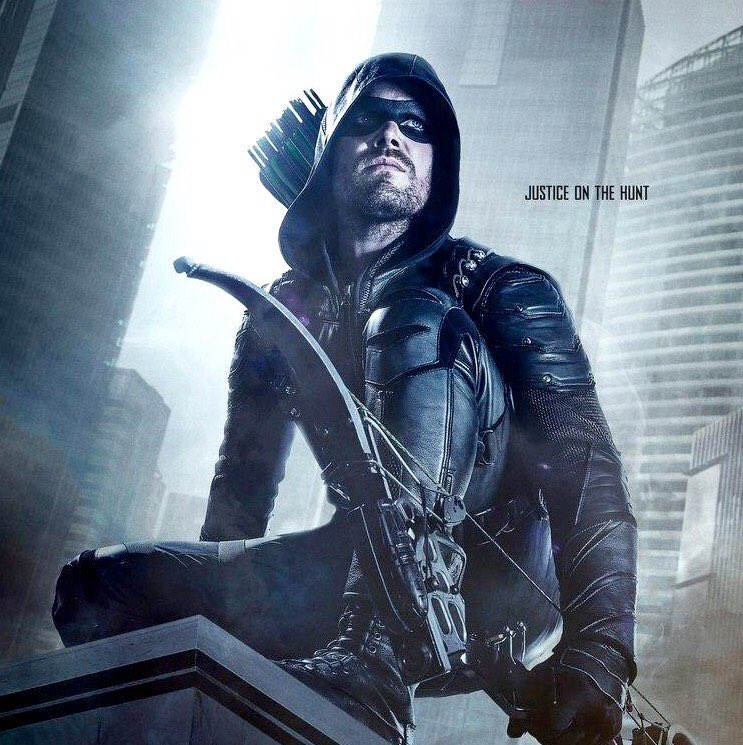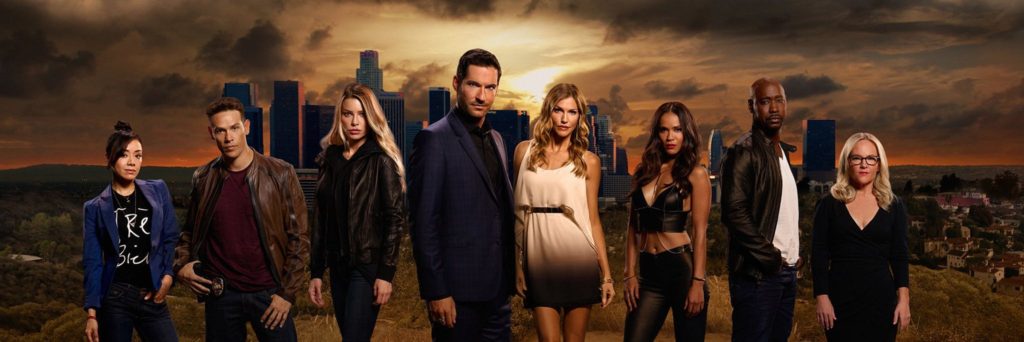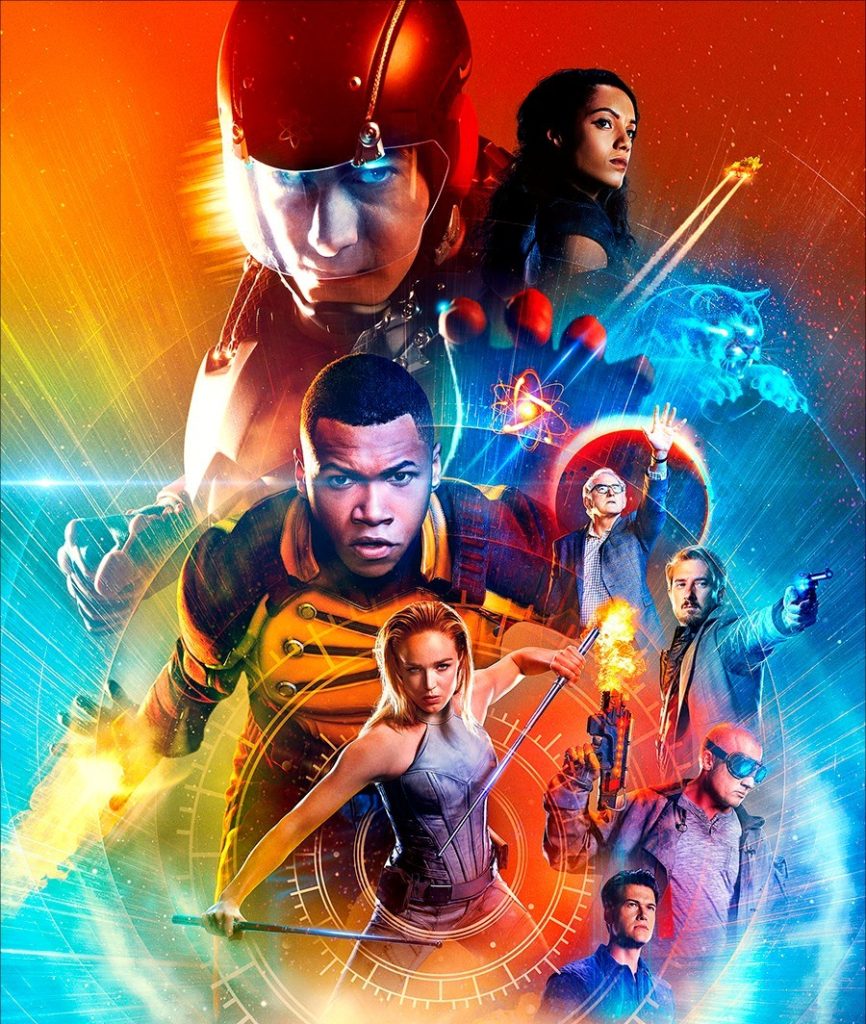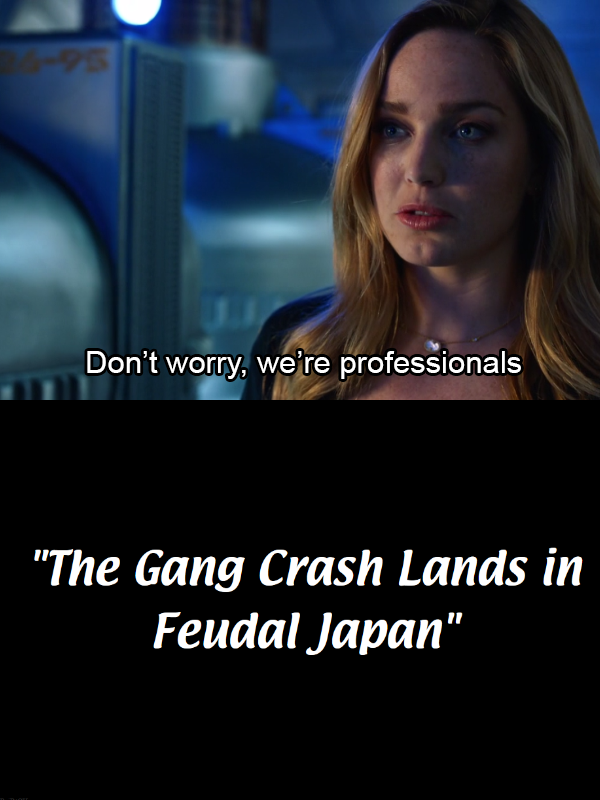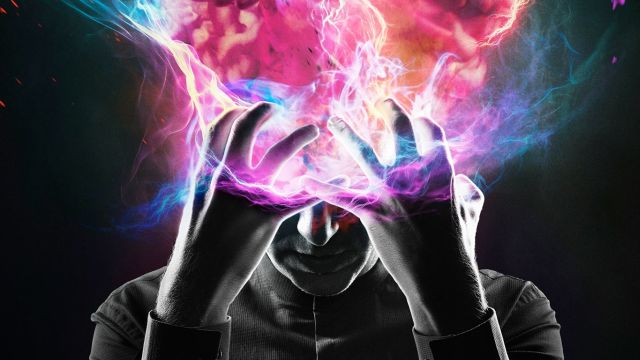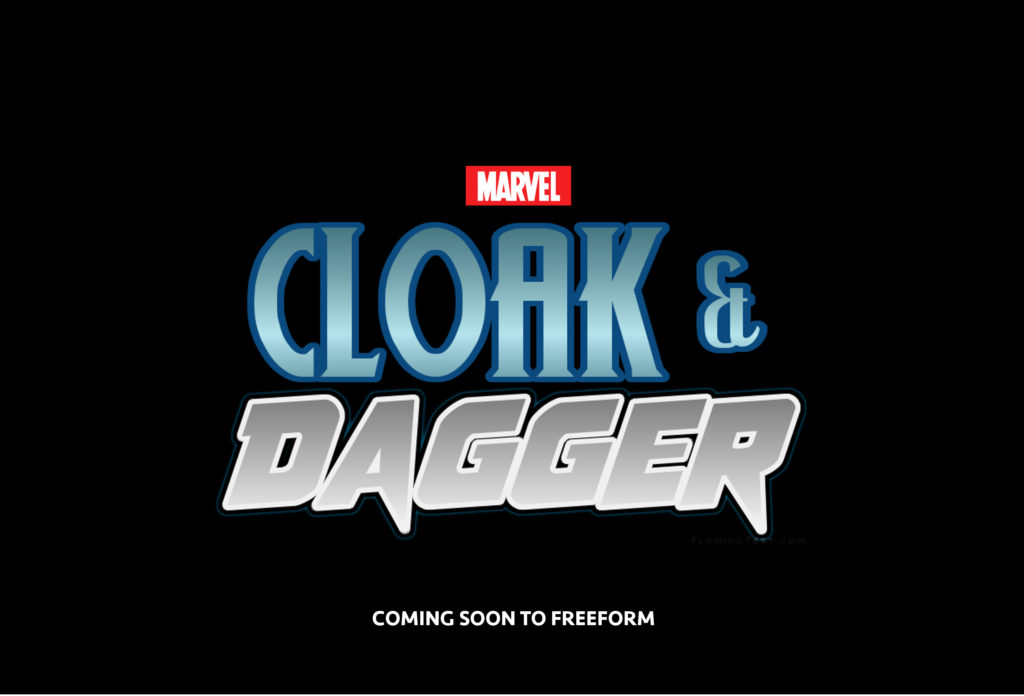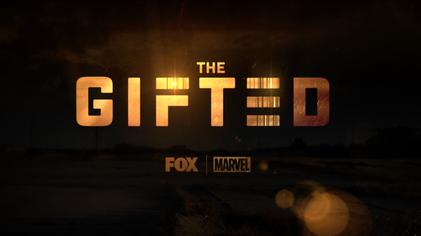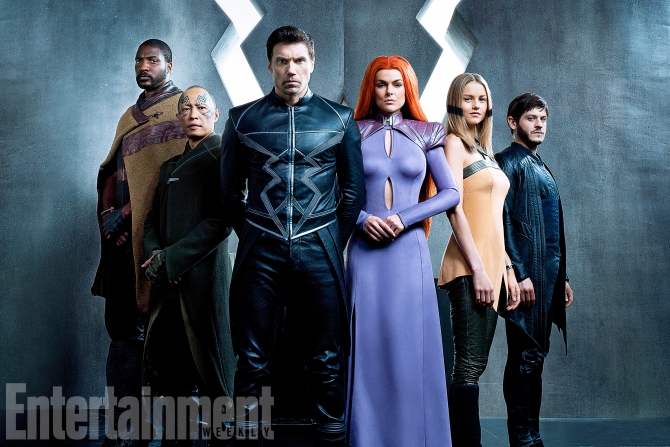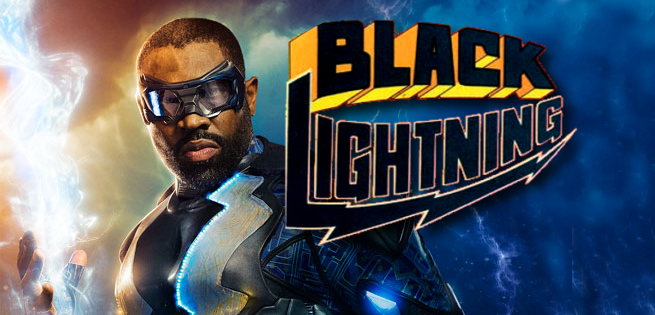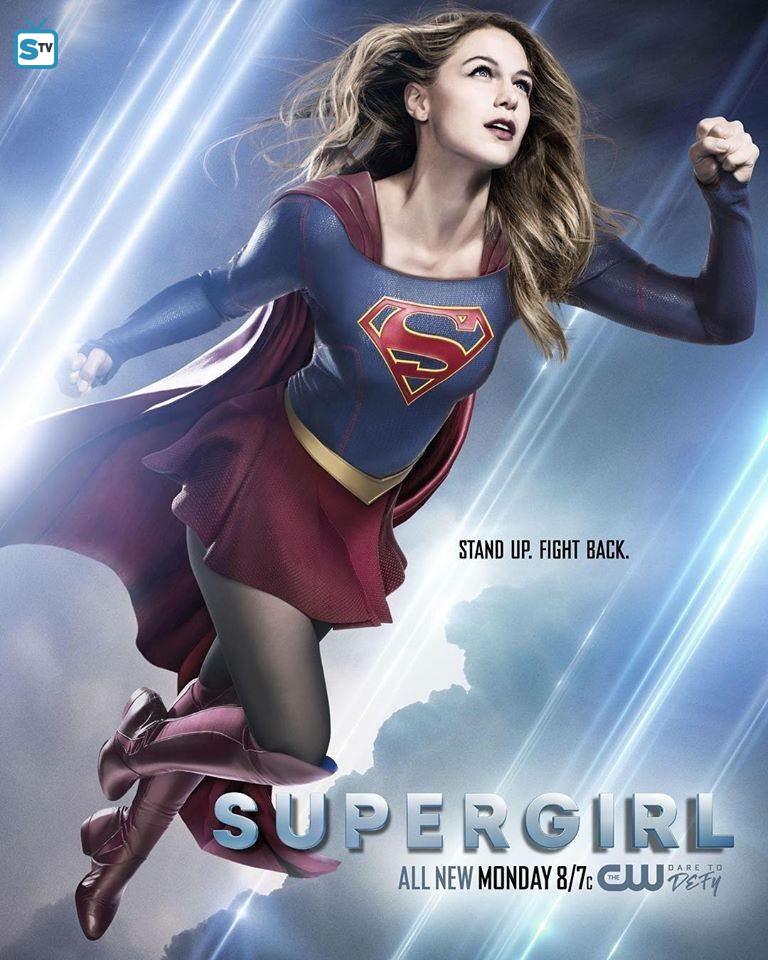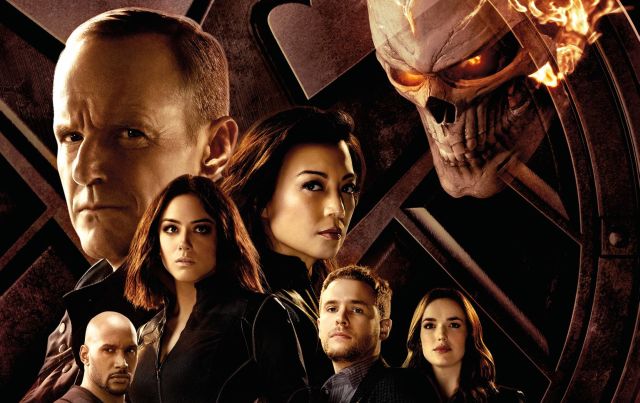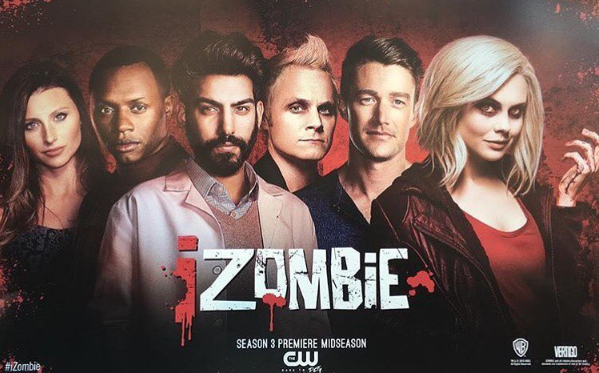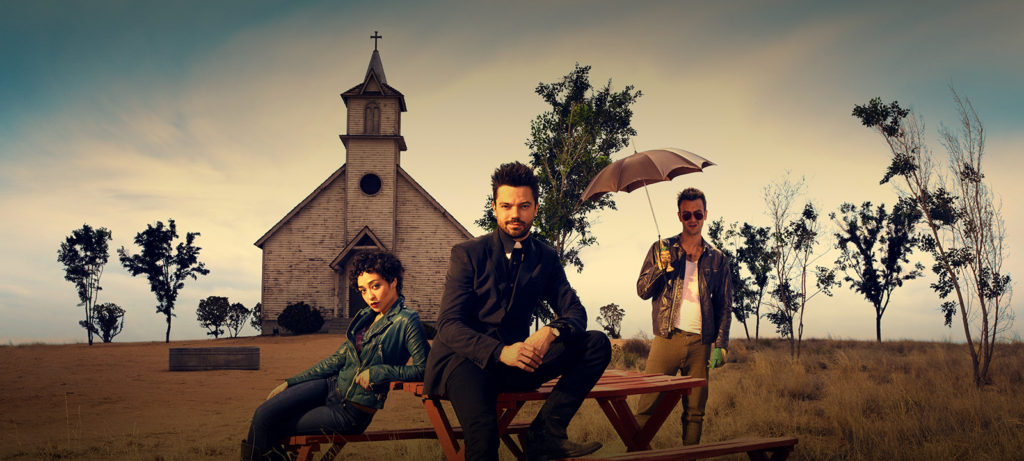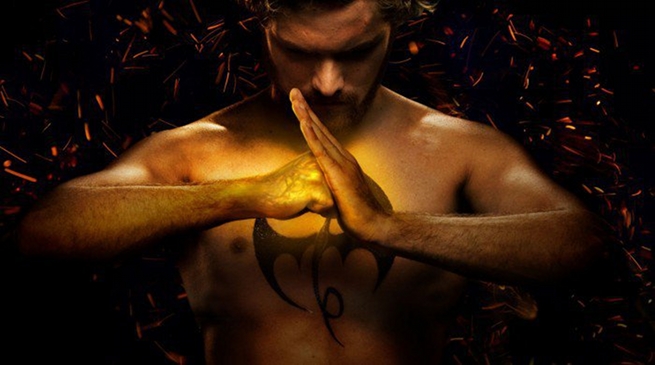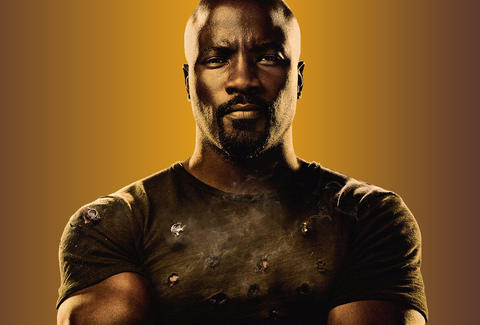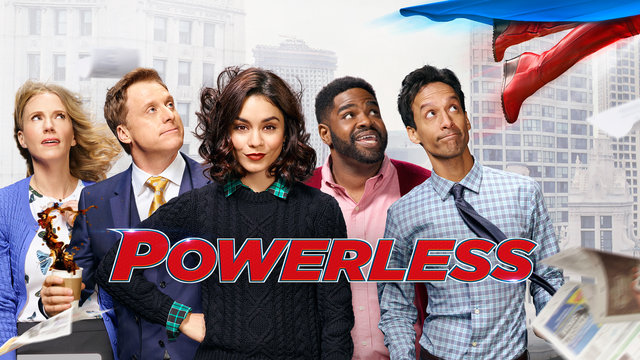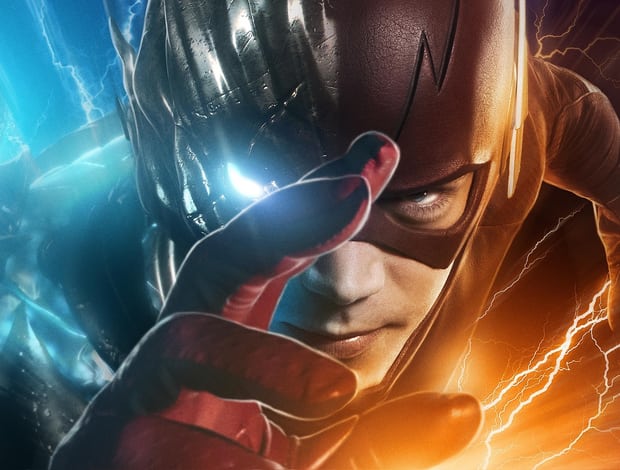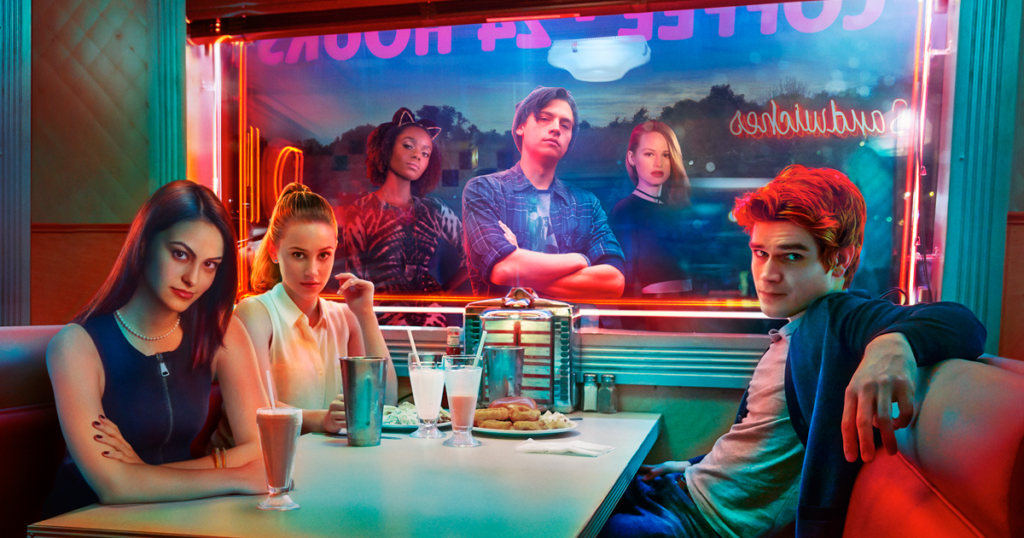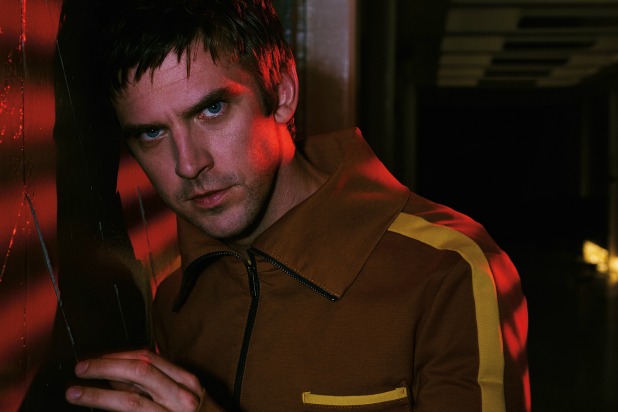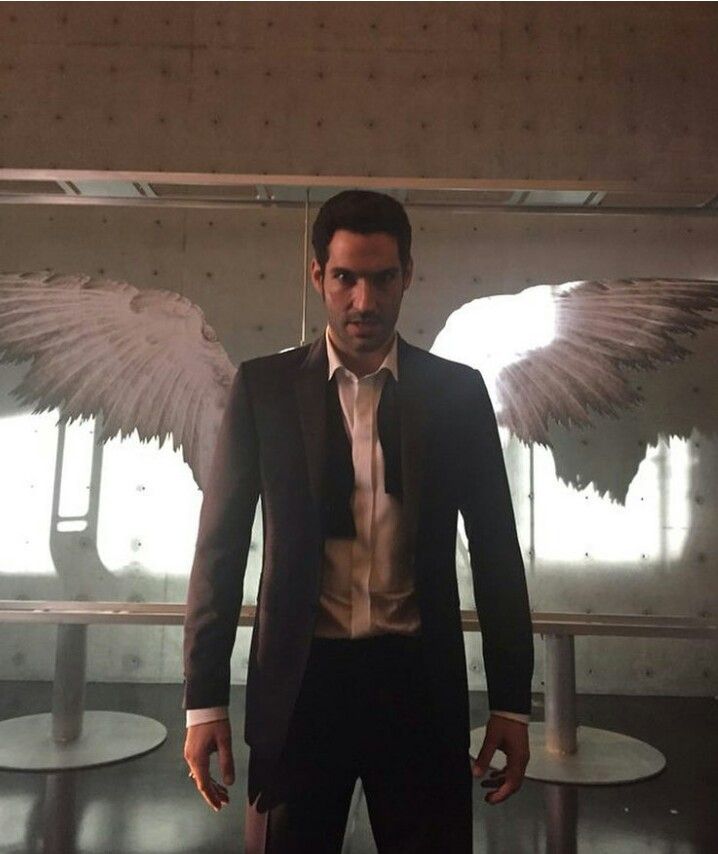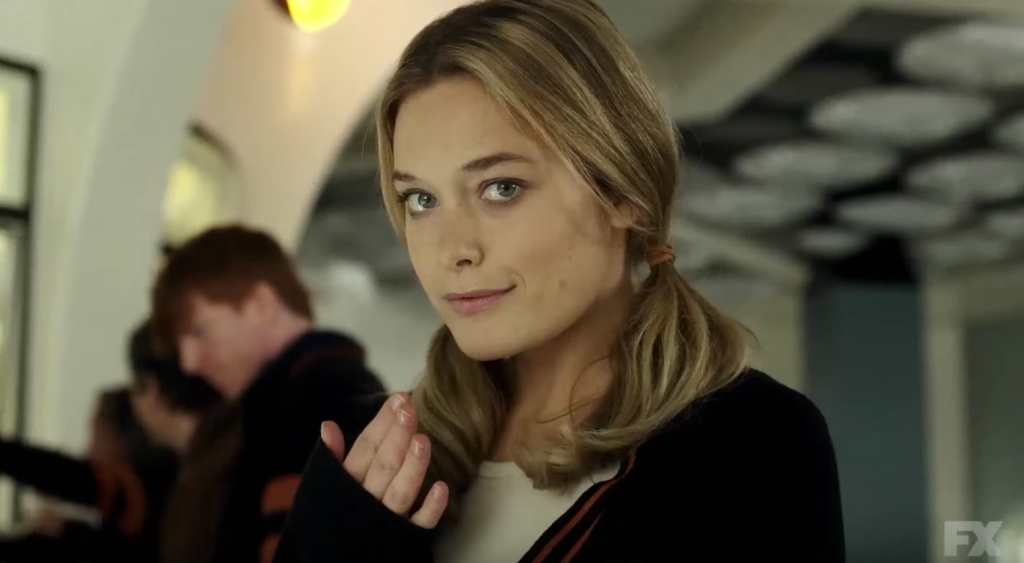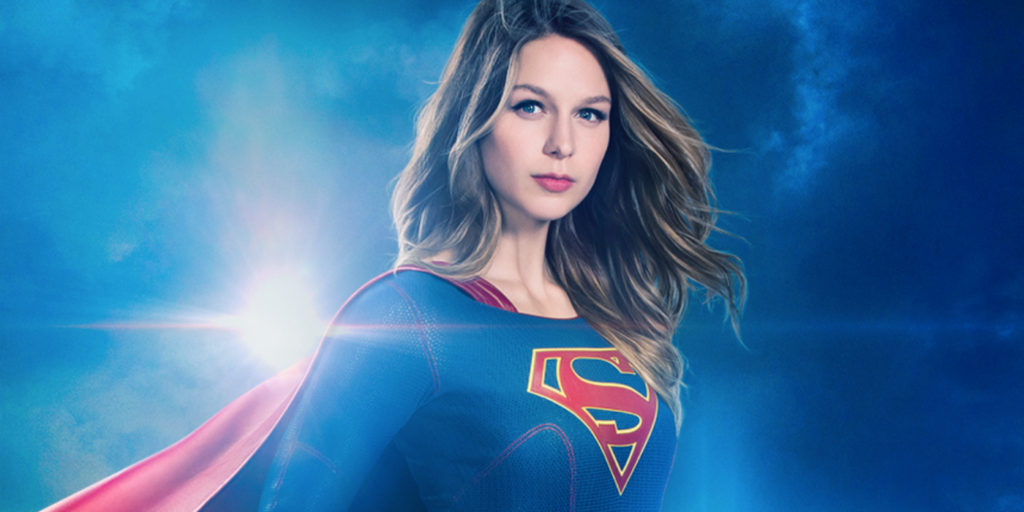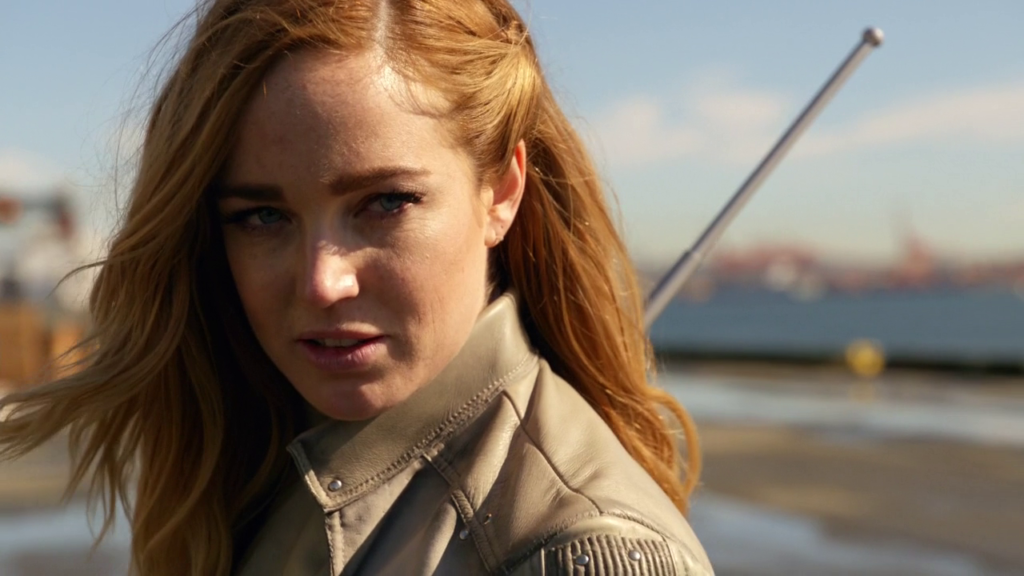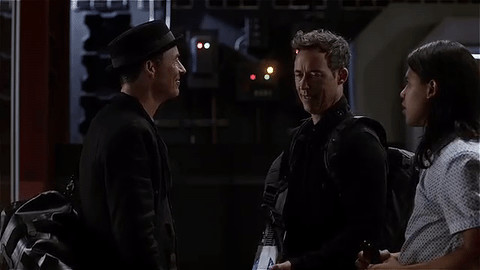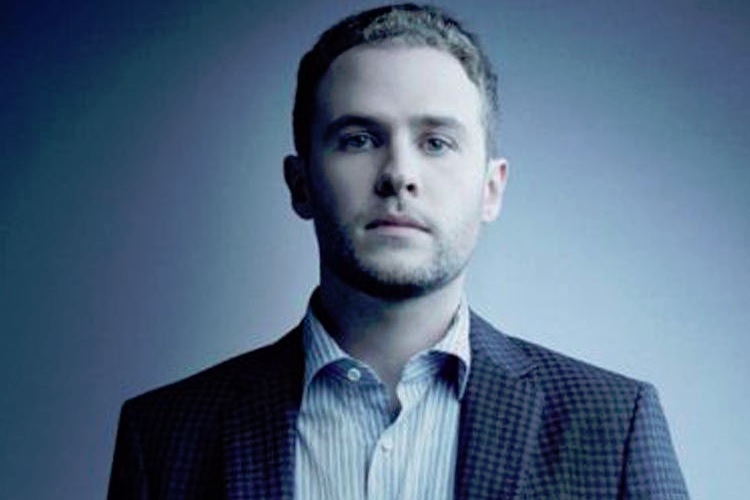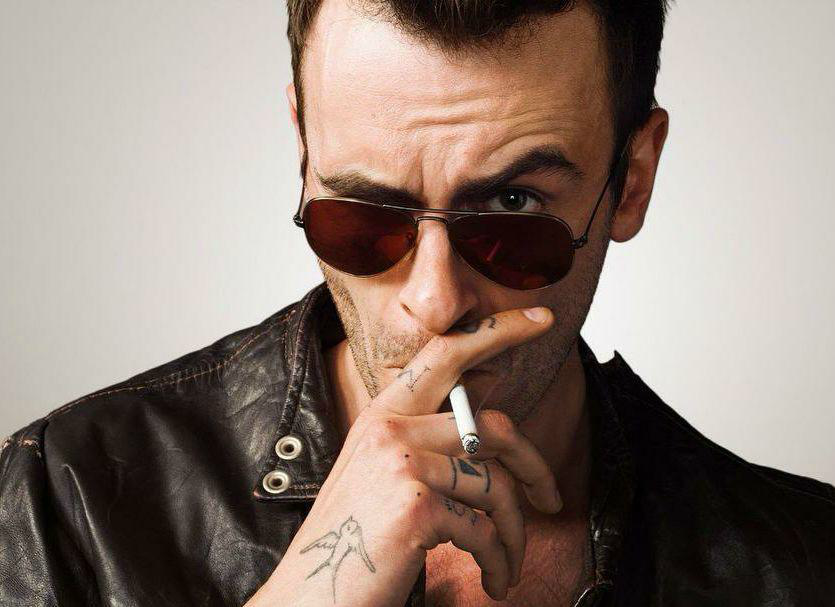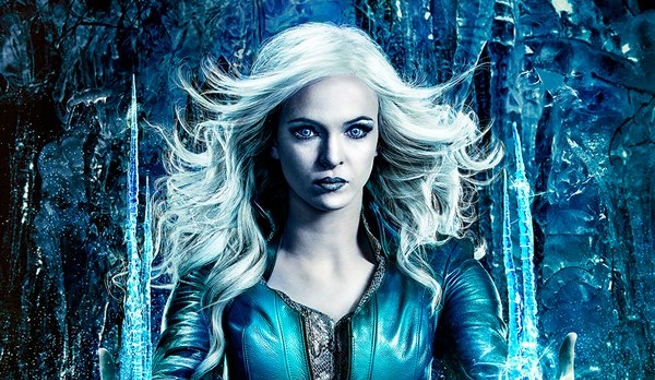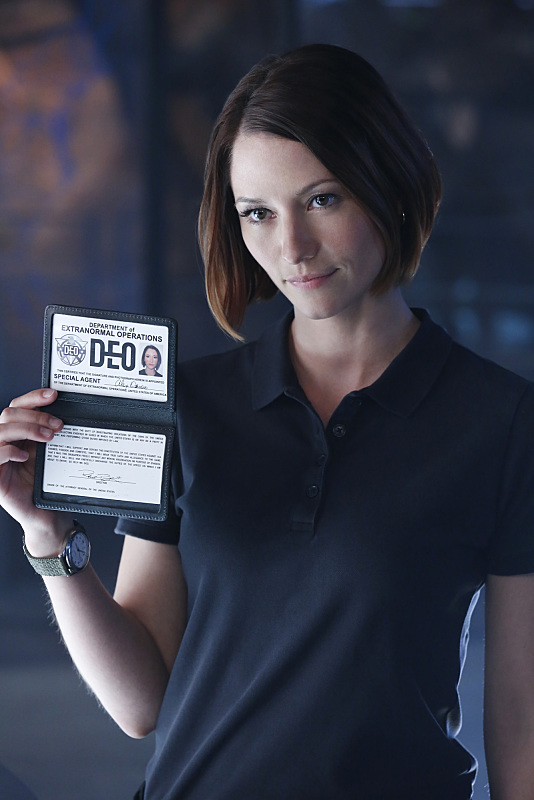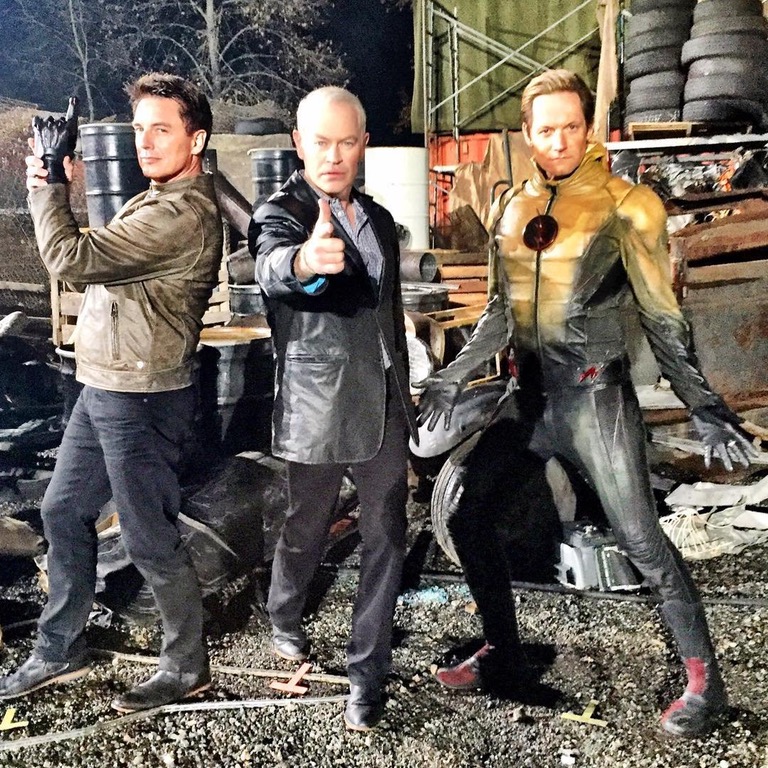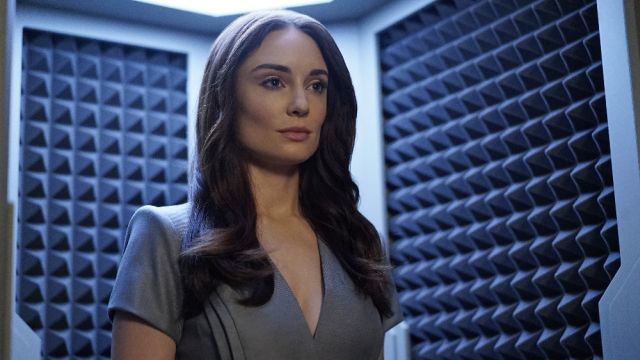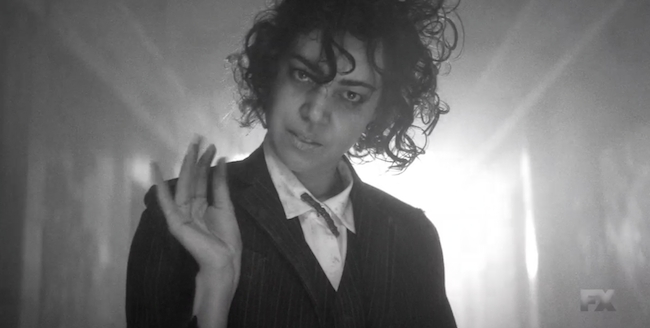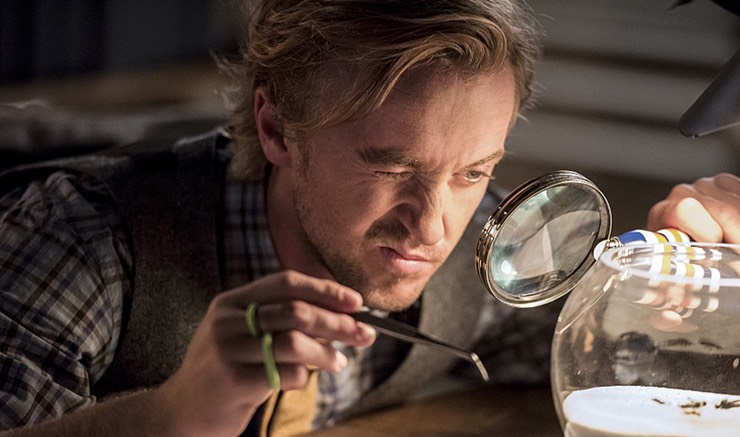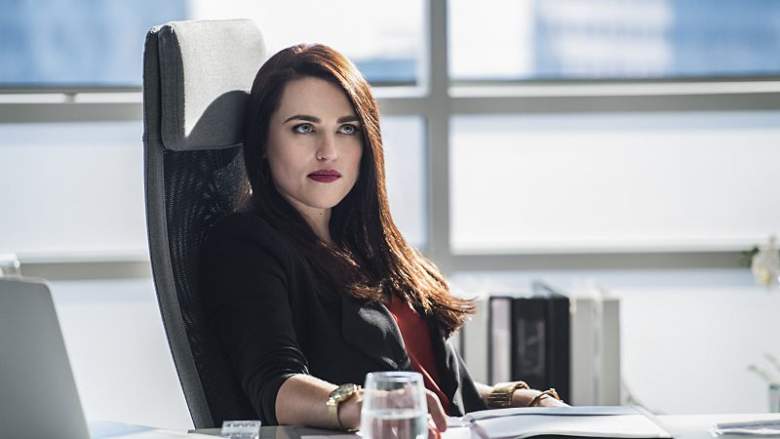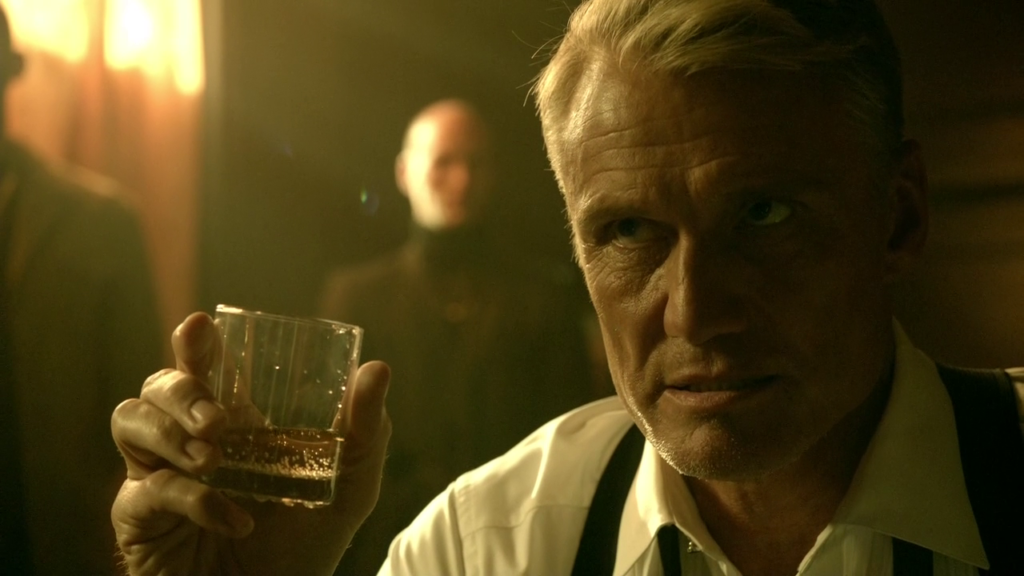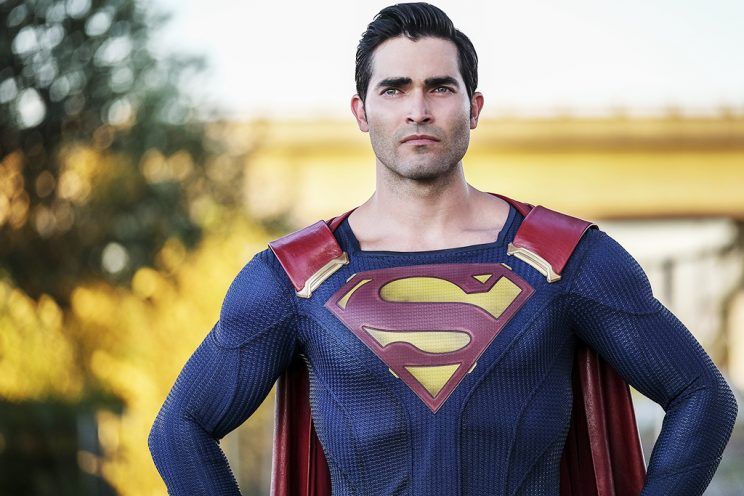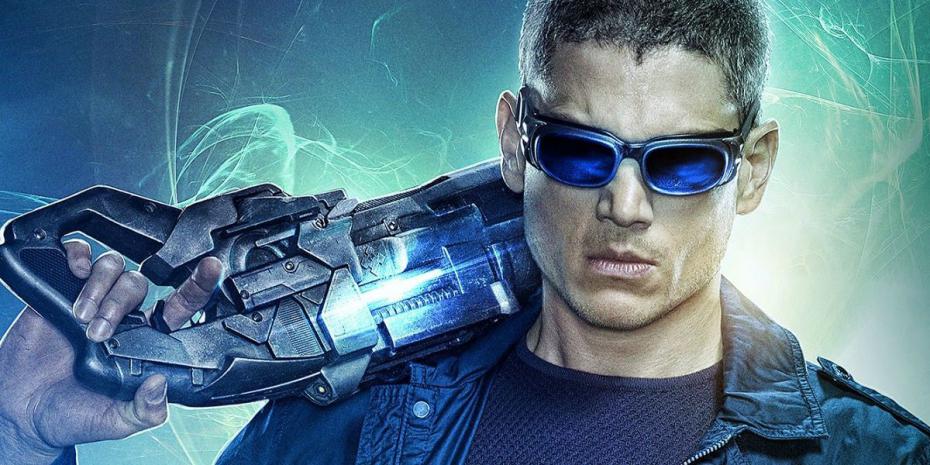There’s a new Doctor on the horizon. The first female Doctor. This has some people wondering if it’s time to try out this show I love so much.
Well, that’s what I’m here for. Because when you love a show as much as I love Doctor Who, you have opinions.
These are mine.
The Specials: “This song is ending.”
In 2005, Russell T. Davies finally, after years of fan hopes and prayers, reintroduced Doctor Who to television. Later that year, as the first series drew to a close, David Tennant took over the title role, bringing the show to new levels of popularity and fan love.
And in 2008, both men announced they were leaving.
While series four was their last full series on the show, they both took 2009 to do a sort of farewell tour. While incoming showrunner Steven Moffat got everything in place to take over in 2010 (Moffat series take a while to write), Davies and Tennant came back for five hour-long specials airing between Christmas Day 2008 and New Year’s Day 2010. The Specials represent the terminus of Ten’s journey, ending with his regeneration into Eleven.
Something Davies specifically, maliciously set out to make the most brutally heartbreaking regeneration of all time.
So we’ll have to break format a little to cover these.
It’s Christmas!
The Next Doctor finds Ten trying (mostly unsuccessfully) to shake off the remorseless string of increasingly sad farewells that marked the end of series four by visiting Christmas in Victorian London (this will not be the last time a hearts-broken Doctor comes to this time and place to wallow). He’s only barely landed when suddenly he’s running into returning enemies the Cybermen… and an oddly-dressed gentleman calling himself The Doctor (David Morrissey), claiming to have a sonic screwdriver and a Tardis. Has The Doctor found his future self?
Well, no. By the time they even announced this episode we knew that the next Doctor would be some kid named Matt Smith, so the bluff wasn’t strong, but the mystery behind why this guy thinks he’s The Doctor was well-told. And provided the first clear, undeniable proof that Paul McGann’s Eighth Doctor is in fact canonical.
The pain of The Doctor’s losses is partially buried beneath his curiosity in this false Doctor, but it’s there. He has no companion and isn’t seeking one. And when Miss Haritgan, who has taken control of the Cybermen, rebuffs his offer for a peaceful solution, it’s clear that he resents being made into a killer.
“What do you make of me, sir?” she asks, refusing to leave Earth in peace.
“The question is, what do you make of me?” he replies. Then his tone goes ice cold as he says “You make me into this.” And he fires.
It’s a pretty standard Christmas special, all told. A charming self-contained adventure in which they casually mention that it’s Christmas. But it also makes it clear that some part of Ten died during The Journey’s End, and despite the best efforts of his would-be replacement, it doesn’t look to be coming back.
It’s Easter!
Planet of the Dead was meant to be The Tenth Doctor’s last good time, one more simple, fun adventure before things start to get dark. Well, simple for The Doctor. There’s still a far-off planet and alien fly-people and an incoming swarm of fangy death. So, sure, pretty casual.
A woman we will come to know as Lady Christina de Souza steals a valuable golden chalice from a museum. Fleeing the approaching police, she trades diamond earrings for a ride on a London bus, only to have The Doctor hop into the seat next to her, munching on a chocolate egg.
He doesn’t care about the chalice, though. Doesn’t even know about it yet. He’s more concerned with the wormhole he’s trying to track, which has grown large enough that the whole bus drives through it and ends up on some foreign desert world.
Problem is, it wasn’t a desert world last year, and the things that stripped it down to sand are heading their way. The Doctor and Christina have to get everyone home and ensure that the incoming death swarm doesn’t reach Earth.
Like Astrid in Voyage of the Damned, The Doctor and Lady Christina were the a perfect-companion-meeting that was never meant to be. They hit it off quickly, she’s clever and resourceful almost beyond The Doctor himself, and they share a thirst for travel and adventure (even if her desire for travel is slightly escape-the-law based). And she’s eager, so eager to hop in the Tardis and see the stars. But it’s not happening.
Where Astrid and The Doctor were torn apart by Kylie Minogue being expensive circumstance… and for all we know, a little temporal manipulation from Dalek Caan to keep Astrid from delaying The Doctor’s reunion with Donna… it’s The Doctor himself keeping Christina out of the Tardis. After having to say goodbye to Rose for a second time and then immediately losing Donna, he can’t bring himself to let anyone else into his travels. So Lady Christina serves two key roles here.
First, she delivers that “last good time” Davies was trying to deliver, and second, she’s important to showing how damaged The Doctor has been since that mess with Davros. She is almost precisely the sort of person he’d normally take off into time and space. The whole “cat burgler” thing isn’t fully a value-add, but Jack was a con artist when they met and look at him now, all defending the Earth. So to sell The Doctor’s deep spiritual damage, they hand him a perfect companion desperate to go with him… and have him say a firm no.
But that’s just where his problems begin.
One of the passengers on the bus is psychic, and after an hour of seeing their impending doom hurtling towards them, she has a final warning for The Doctor, after repeating the warning he received from the Ood last year, “your song is ending.”
“It is returning, it is returning through the dark. And then, Doctor… Oh but then, he will knock four times.”
The end is nigh, and The Doctor’s not walking into it willingly. He likes who he is, he’s liked being Ten more than he’s liked himself since the Time War turned ugly, and he is not looking to change. Why else would he have dumped a regeneration into his severed hand so that he could heal without changing?
It’s… Fall, I guess?
“State your name, rank, and intention.”
“The Doctor… Doctor… fun?”
The Doctor arrives on Mars, in the mid-21st century, where he comes across the planet’s first human settlement. Problem is… the first human settlement was destroyed. Which may have inspired its leader’s granddaughter to later captain Earth’s first faster-than-light ship, and explore the galaxy. The destruction of this base is a fixed point in time, like Vesuvius. And it’s happening today. Any minute now. Because there’s something in the underground glacier they started using for water, and it’s infecting the crew one by one, turning them into water-spewing crag-faced zombies.
The Doctor is eager to get away, because it’s a fixed point, so not only is there nothing he can do… after Pompeii, he’s afraid that if he stays, he’ll be the one who makes it all happen. But the crew aren’t eager to let this inexplicable stranger leave, the water zombies draw his curiosity… and he likes these people. He especially likes their noble commander Adelaide Brooke (Lindsay Duncan, filling the companion role this time around), whose grandchild starts a dynasty of space explorers, and when he finally begins to leave as everything goes wrong… he can’t. Or at least, he won’t.
“There are laws of time,” he shouts to Adelaide as he seeks a way to stop the water zombies. “Once upon a time there were people in charge of those laws but they died. They all died. Do you know who that leaves? Me! It’s taken me all these years to realise that the laws of time are mine and they will obey me!”
If you think The Doctor asserting dominion over time itself is a good thing, you are way off. Adelaide sees it. He’s been alone too long. He’s gone too far. He’s becoming something terrible, someone willing to rewrite history to his own preferences. It’s not a power she thinks he or anyone should have, and is willing to sacrifice to take it from him.
And The Doctor collapses, emotionally. He knows he’s gone too far. He’s become lost, the exact sort of monster he once fought. And as this is sinking in, an Ood appears in the snow, signalling that his end is drawing near. So he does the only thing that makes sense to any Doctor in this position…
He runs.
Waters of Mars is when The Doctor, already damaged from Journey’s End, finally breaks. And it sets the stage for the End.
Brace yourselves. It’s gonna get teary up in here.
It’s Christmas Again! And Also New Year’s!
The Ood have seen a terrible omen. A sinister cabal seeks to resurrect The Master. An industrialist named Joshua Naismith has his own plans for The Master, and is trying to build an alien healing device called The Immortality Gate. Two of Naismith’s staff have their own agenda. The people of Earth are plagued by nightmares, but only Wilfred Mott (Donna’s granddad, remember?) recalls them and knows what they mean. A mysterious woman is reaching out to Wilfred, telling him he must take up arms. The drumbeats in The Master’s head are getting louder. And behind it all, something horrible… the End of Time itself.
It’s all a trap, a way for the Time Lords to survive the Time War… at the expense of everything.
And The Doctor gallivanted through time and space too long (marrying Queen Elizabeth along the way… improbably, we’ll get back to that), and is late to the party. Or so say the Ood, anyway.
We could spend a lot of time talking about everything that happens in this final two-parter for Davies and Tennant. What The Master does, what the Lord President of Gallifrey is willing to do, Donna’s return, the mournful Chameleon Circuit rock epic summarizing it all… one last triumphant “ALLONS-Y!” But while End of Time is an appropriately epic tale for Ten to end his run with, what we should really focus on is this…
While The End of Time Part 2 isn’t without humour, don’t get used to it. Russell T. Davies set out to write the Saddest Regeneration of All Time. And good lord but he nailed it. He nailed it hard.
First, he took away the security blanket of regeneration not being the end. Ten, facing his prophesied death, laments that even if he does regenerate, it’s still like dying. “Everything I am dies. Some new man saunters away… and I’m dead.”
When the prophesied “he” knocks four times, and The Doctor sees his death approaching, it takes him a moment to meet it gracefully. “I could do so much more. So much more!” (Also of note, Wilfred isn’t making it easier, as throughout the second half he begs The Doctor not to let himself die, and Bernard Cribbins makes it heart-rending.) But the cost of living on, small though it was, is still too high. And so The Tenth Doctor must end… following a farewell tour.
Every companion, friend, loved one… everyone who meant anything to Ten gets a final, often silent farewell. And after one last visit to 2005 Rose Tyler, the Ood return to sing him to his rest. He staggers back to the Tardis, utters the saddest final line a Doctor has ever had*, The Doctor’s Theme plays one last time in epic fashion…
And Matt Smith arrives. It’s a rough ten minute ride to get here, but it’s going to be okay. I promise you it’s going to be okay from here.
Except when it’s incredibly sad. That doesn’t end. But it’s not all the time.
(*I would argue that the second saddest final Doctor line ever is Colin Baker’s “Carrot juice, carrot juice, carrot juice!” because nobody knew that would be his final line. The head of the BBC fired Baker between series, in the first of several moves that seemed to be engineered to kill the show.)
The Monsters
The Big Bad: Rassilon isn’t just a Time Lord, he’s the Time Lord. As covered in Chameleon Circuit’s Gallifreyan History 101, “he was strong, he was mighty, he was the founder of Time Lord society,” one of the two men who mastered time travel and elevated Gallifrey. The other having been Omega, who was unfortunately erased in the process, something he took umbrage to in 1973’s The Three Doctors. There were also some hints during the Sylvester McCoy years that The Doctor himself may have also been involved, a story thread that was dropped when the BBC clamped down on attempts to explore The Doctor’s past.
Anyway, since the end of the original series, books and radio dramas have dug further into the legends of Rassilon. Was he the wise and benevolent ruler of a good and just Gallifrey, or was he a cruel despot who intentionally killed Omega? Whatever he was before, being resurrected to fight the Time War has made a monster of him now. But that’s what the Time War did.
This Year in Daleks: They got 2009 off. Still wiped out from The Journey’s End.
The Good: The Master is back to, albeit indirectly, kill his second Doctor. The Master has been involved in the incidents that caused the regenerations of Four, Ten, and Twelve. Man, that’s two of the all-time favourites.
Miss Hartigan made a good human ally/overlord for the Cybermen in The Next Doctor.
The Bad: …Eh. They’re all fine.
The Ugly: I have some qualms about the design choices for the water zombies in Waters of Mars. Not fun to look at, and the head water zombie kind of annoyed me any time she was on screen, I’m glad they’re all dead.
Parting Thoughts
Notable guest stars:
- Timothy Dalton, James goddamn Bond, is the Lord High President of the Time Lords, revealed in the end to be Rassilon.
- Brian Cox is the voice the head of the Ood in Out of Time.
- Joshua Naismith is played by Supergirl’s Martian Manhunter, David Harewood.
- Get Out’s Daniel Kaluuya is one of the passengers in Planet of the Dead.
- I want to include Michelle Ryan as Lady Christina, but other than Steven Moffat’s surprisingly good Jekyll and 2007’s failed Bionic Woman remake, she hasn’t really done much. Shame. I liked her.
End of Time is the first and only time that a villain, in this case John Simm as The Master, is included in the opening credits. Though he turns out not to be the villain.
The bus in Planet of the Dead sustains damage going through the wormhole because they filmed the desert planet scenes in Dubai, and the bus did suffer significant damage in the process of shipping it there. Which caused some production headaches.
The woman contacting Wilfred in End of Time is a Time Lord, one of two who opposed the plan, credited only as “The Woman.” The Doctor seems to know her somehow. How, exactly, is the one last unanswered mystery of the Davies era. Is she Romana? Susan? The Rani? The wife we never knew, a child they’ve only alluded to, some other family member? Just a like mind from the days of the Time War? We don’t know. We may never know. “I was lost, long ago,” she tells Wilf. In the words of The Doctor, that is textbook enigmatic.
She comments on Wilfred’s military service, that he missed the war and never killed a man. “No I didn’t,” Wilfred says. “No I did not. No. But don’t say that like it’s shameful.” This mirrors actor Bernard Cribbins’ military service. He served in World War II, never killed anybody, and is incredibly proud of that. One more reason Wilfred, the Final Companion, is the best.
Planet of the Dead uses a cute lampshade-hang on the question of how similar to humans The Doctor is, one Moffat will steal in the year to come:
“You look human.”
“You look Time Lord.”
“I don’t know what I’d be without that noise,” says The Master.
“I wonder what I’d be… without you,” replies The Doctor. There can be some interestingly sweet moments between these two eternal foes.
On a personal note, The Last Doctor was the only episode I managed to watch between Last of the Time Lords and May of 2010, when I started binging my way through series four. The rest of the specials ended up waiting until that summer, after series five was up and running. So I had a slight advantage over most other viewers at the time: heart-crushing as Tennant’s final scenes were, I’d already fallen for his replacement, and knew that fresh good times were on the other side.
“Legs! I’ve still got legs!” The newly minted 11th Doctor begins with an inventory, and a disappointment: “And still not ginger!”
Historical Guest Star of the Year: A speech from Barack Obama plays a role in End of Time Part 1, but I wouldn’t count it.
Doctor Quote of the Year: “I don’t want to go.”
Saddest Moment of the Year: See above.
Next time… Hello, Mr. Smith and Mr. Moffat.

